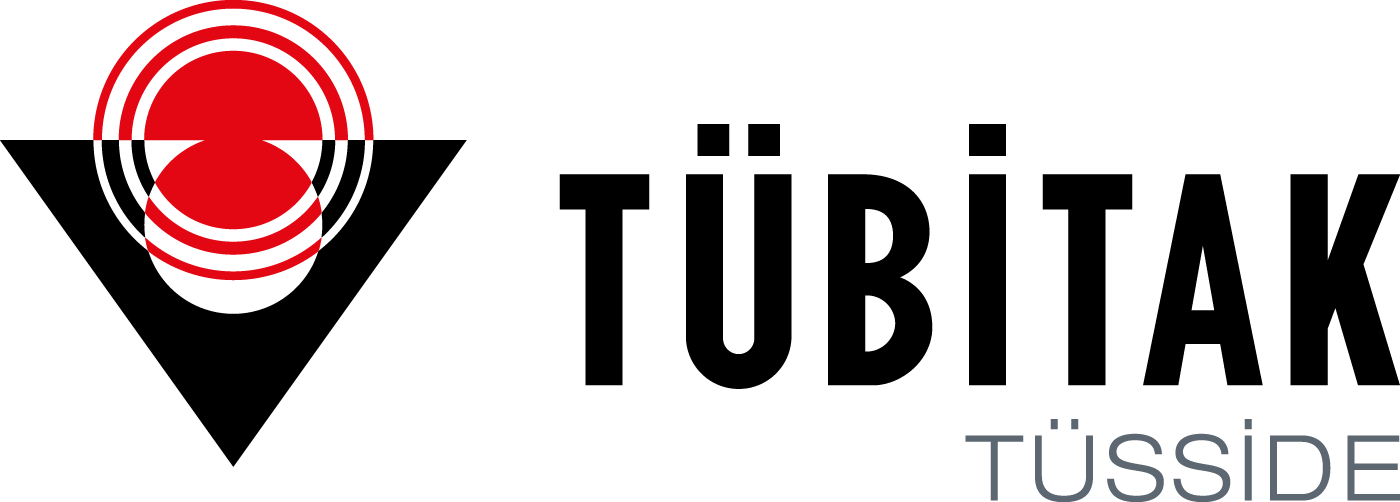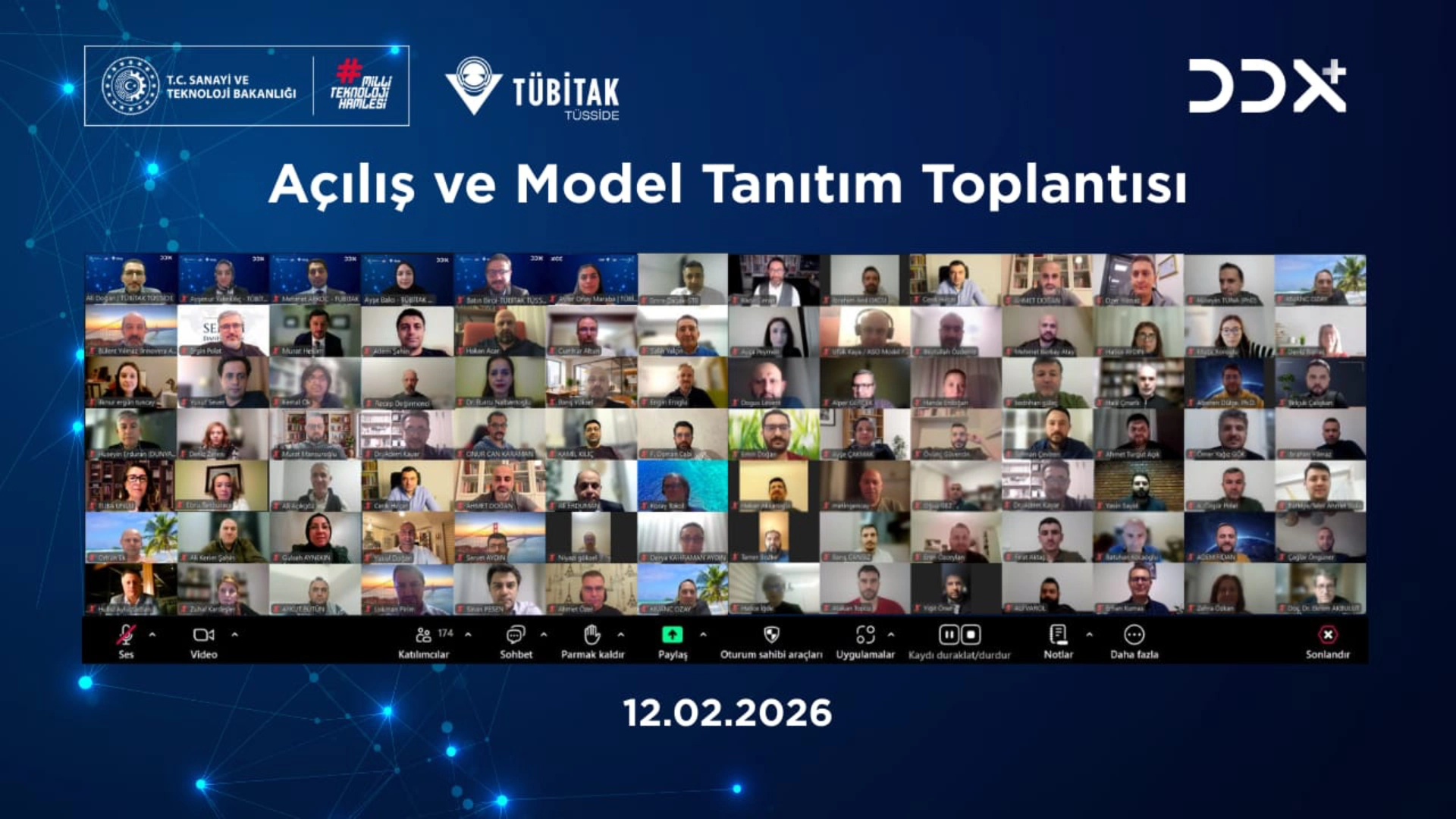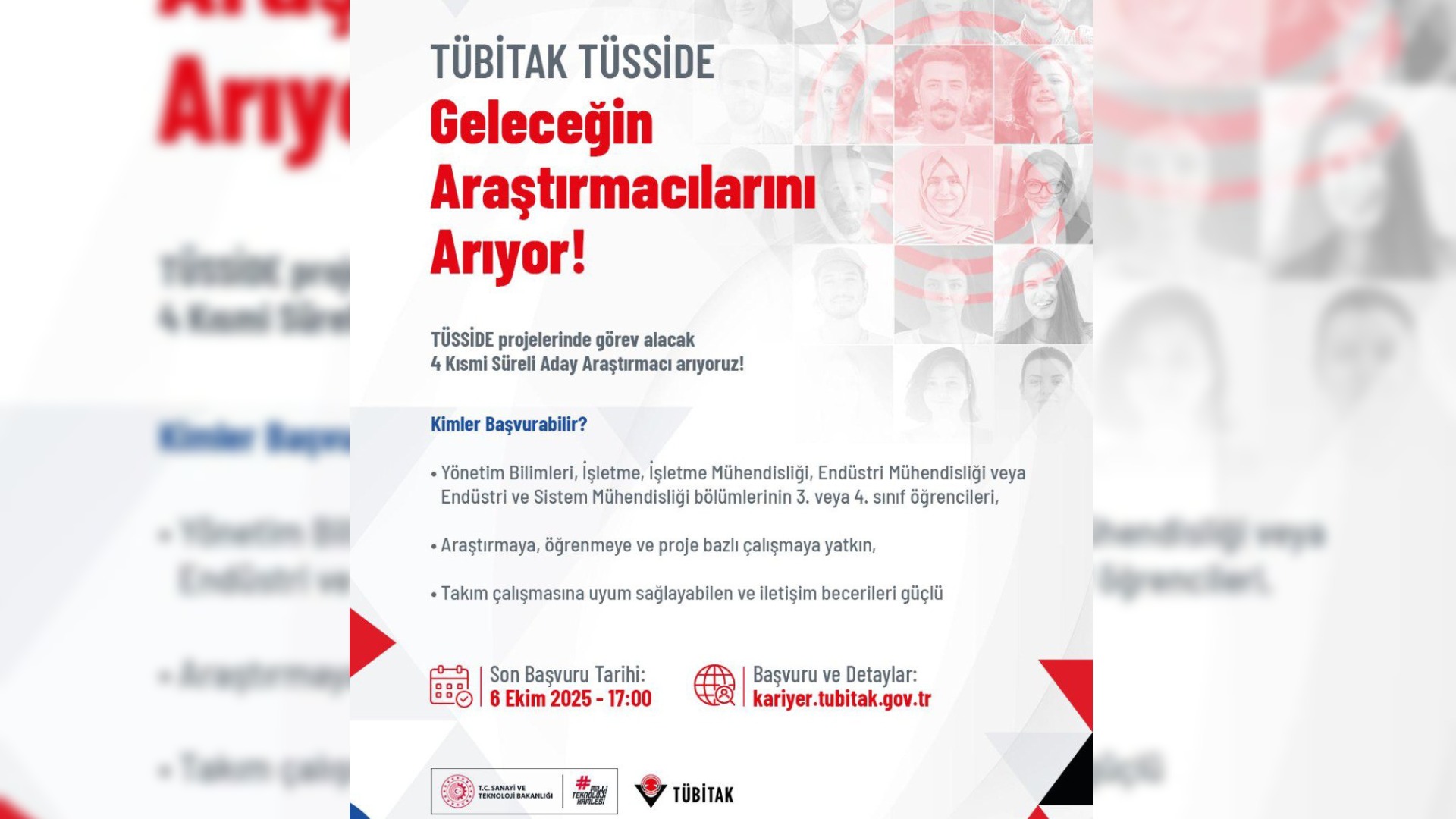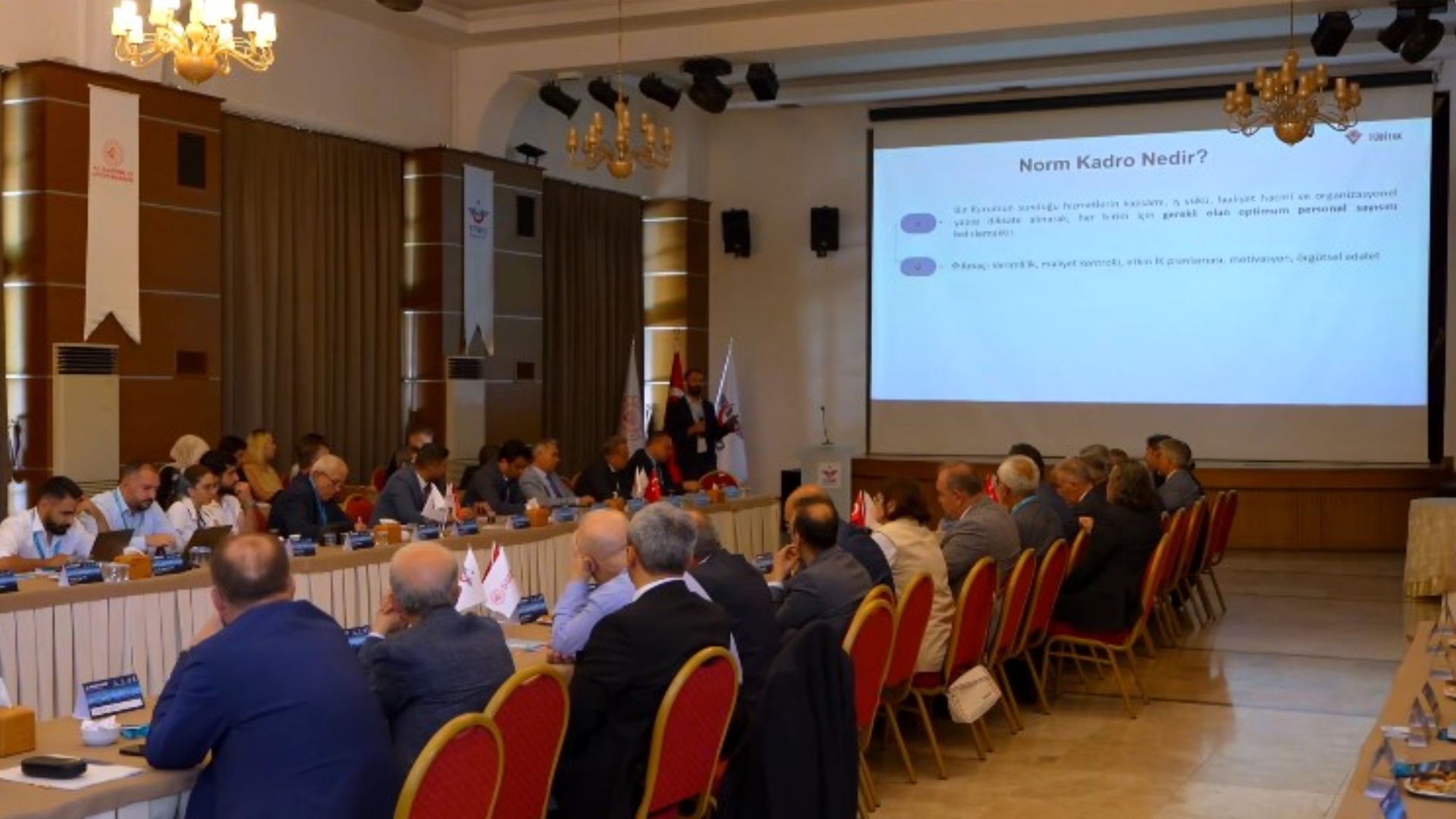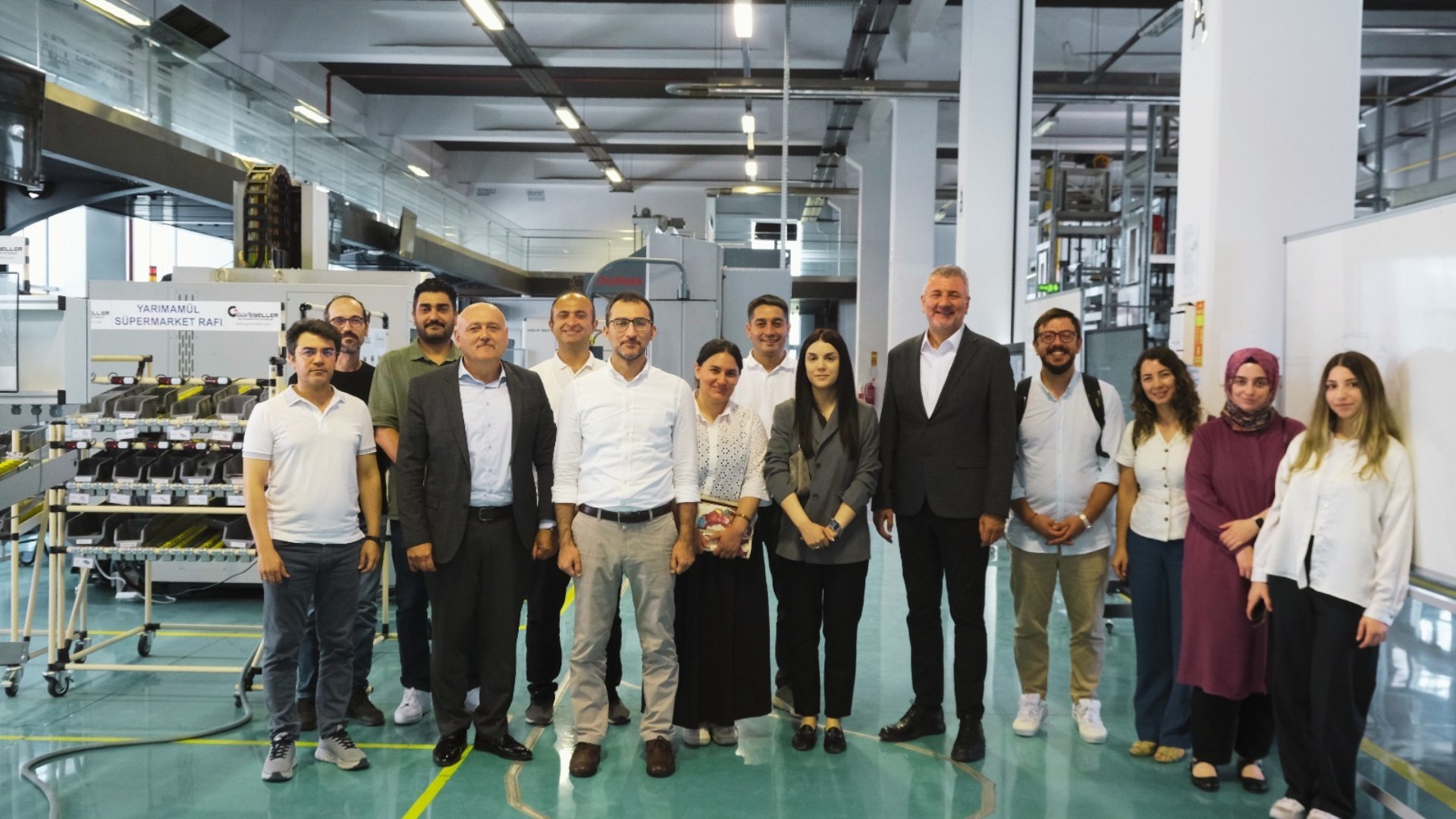“Looking to the Future with TÜBİTAK Towards 2023” Workshop was held at TÜBİTAK TÜSSİDE Conference Hall. Minister of Science, Industry and Technology Faruk Özlü, who attended the workshop, said in his opening speech that all of TÜBİTAK's experience will be mobilized for the 'technology breakthrough' that will take us to our 2023 goals. Stating that TUBITAK is one of the most important institutions that everyone should cherish and cherish, Minister Özlü said that TÜBİTAK, which adds strength to Turkey's power, opens its doors wide to scientists and researchers, and gives hope to countless young people with the scholarships and incentives it provides, is even more functional. He noted that they had to transform it into an institution. Stating that they have put the restructuring of TÜBİTAK on the agenda according to changing conditions, demands and needs, Özlü said, “We will mobilize all of TÜBİTAK's experience for the 'technology breakthrough' that will take us to our 2023 goals. While doing all this, we will preserve the autonomous structure of TÜBİTAK.
We will design TÜBİTAK as the most fundamental stakeholder of all R&D projects of public institutions. "TÜBİTAK will be the first address for R&D, researchers and scientists," he said. Minister Özlü stated that they are going through a process in which the 4th Industrial Revolution has radically transformed technology, science, industry, production and marketing, and emphasized that they do not have the luxury of making excuses in the face of the new industrial revolution. Stating that they, as a country and nation, expect a lot from TÜBİTAK in this process, Özlü said: “Of course, we have great expectations not only from TÜBİTAK, but also from universities, technology development regions and the private sector, because the most important instrument that will carry us to the future is science and technology.” We know that there is technology. To our country; We want all our institutions that will make a leap in the field of science and technology to act in harmony.
A technology disconnected from science and an industry disconnected from technology are unthinkable.
Our entire effort is to ensure that all these concepts understand and support each other and come together around the same goal. It is necessary for the knowledge produced at the university to be transformed into technology and the technology produced to be commercialized. Therefore, information that does not turn into a product is thrown away.”
“Our password will be 24/7 science, 24/7 technology”
Özlü stated that Turkey is a country with great goals and ideals, and therefore they cannot throw away the knowledge that forms the basis of any power, and said: “We do not have such a choice, such a luxury, such as being lazy, taking it slow, spreading it over time, we cannot. Especially in science and technology, we have to act quickly, act quickly and make result-oriented moves because we all know that science does not forgive laziness. Scientific production and technological development do not have weekend breaks.
For this reason, we will reject the concept of scientific work limited to working hours. Our password will be 24/7 science, 24/7 technology. "We will embrace less bureaucracy and more science," he said. Stating that they have started to reap the fruits of the science, technology and industrial policies they have advocated from the beginning, Özlü stated that they have reached the goals they set for R&D centers, design centers and technology development zones. Özlü said, “Today, there are 1,037 R&D and design centers and 76 technology development zones in our country. "We will continue to provide extremely generous incentives to our R&D and design centers, technology development zones and science centers," he said.
“R&D and innovation are the brain of the industry”
Pointing out that R&D and innovation are the brain of the industry and that R&D investments are the most important indicator of competitiveness in international markets today, Özlü said, “Many companies that have a say in the world allocate between 5 and 15 percent of their sales revenues to R&D expenditures.” . Therefore, we cannot escape R&D, design and innovation. On the contrary, we have to embrace all these concepts. Turkey has the potential to close its foreign trade deficit with more R&D, more innovation, more design and more branding. We will increase our R&D and innovation investments and bring them up to world standards. We will not rely on technology, informatics, software, R&D in any way. "We will not refrain from investing in D, innovation and design," he said. Underlining that science, state and private sector should act with the logic of strategic partnership, Minister Özlü stated that the "Future Outlook with TÜBİTAK towards 2023" workshop will strengthen this strategic partnership.
TÜBİTAK President Prof. Mandal: “Qualified Information and Qualified People are Needed”
President of the Scientific and Technological Research Council of Türkiye (TÜBİTAK) Prof. Dr. Hasan Mandal made a presentation on "TUBITAK in Science, Technology and Innovation Ecosystem" at the Workshop. Referring to the importance of TÜBİTAK for Türkiye, Prof. Mandal said that as we move towards the 2023 targets, evaluations will be made so that TÜBİTAK can make a better contribution to this. In Turkey
Stating that there are 1,037 R&D and design centers, 76 technology development zones and 185 universities, Prof. Dr. Mandal said, “When we look at the number of full-time equivalent researchers, there is an almost 2-fold increase from 2006 to 2016. Again, our share in the private sector increases from 33 to 52. When this is evaluated, we see areas that are open to improvement in terms of the countries we compete with. "52 percent is a good development considering the number of full-time equivalent researchers in the industry," he said.
Explaining that they increased the number of scientific publications by 2.1 times between 2006 and 2016, Prof. Dr. Mandal said, “We have a 4-fold increase in the number of patents. We are ranked 18th in broadcasting in the world, we are ranked 21st in patent rankings, but when you associate this with population, our 18th place is evaluated at 53rd. "Our situation, which is again in the 21st place, is in the 40s in terms of patents, and here we see that we have room for improvement," he said. Prof. Dr. Mandal mentioned TÜBİTAK's support programs and stated that Turkey has moved up in innovation. Explaining the developments in R&D, technology development and innovation in Turkey, Prof. Dr. Mandal said: “Türkiye was in the 4th league for many years. He moved to the 3rd league of this year, but is it a good success? Yes, it is a good success, an important success, but when our place in the process is evaluated, we moved from orange to yellow. There is a road ahead of us that needs to be followed in a way that suits Turkey. Turkey is still a country where investment comes, this is the encouraging factor, the supporters of this are higher education, human resources, the level of high-tech products produced in R&D, and the suitability of business structures for this, our aspects that are open to improvement are our aspects that are open to improvement because our 14th market size is pushing us upwards. "While we are trying to attract human resources, the R&D level of our universities, whether the R&D quality is high technology or not, these are the trends that pulled us in the opposite direction in the 50s-60s." Stating that specialization is talked about all over the world, Prof. Dr. Mandal said, “Qualified information and qualified people are needed. Let's produce knowledge and develop human resources. The key word for this is qualified information and qualified people. We believe that this should only be possible as a whole in the chain of basic research, technology development and commercialization. It is a difficult process, it is very easy to manage them independently, and when we manage them integratedly, we will transform from an input-based approach to an output-based approach. From individual approach to human resources to creating critical masses, improving the quality of human resources to human resources with doctorates... When we look at international R&D projects, we see more specialization in some countries rather than going to every country in every field, this is especially strategic cooperation with countries that are the same as us or better than us, but the same We also believe that there may be support programs to increase our communication and interaction in developing geographies within the scope of our country's macro targets. "Especially in the Middle East, African countries and underdeveloped countries," he said.
The workshop continued with the sections "Assessment of the current support and services of TÜBİTAK" and "Suggestions for TÜBİTAK's future programs and processes".

